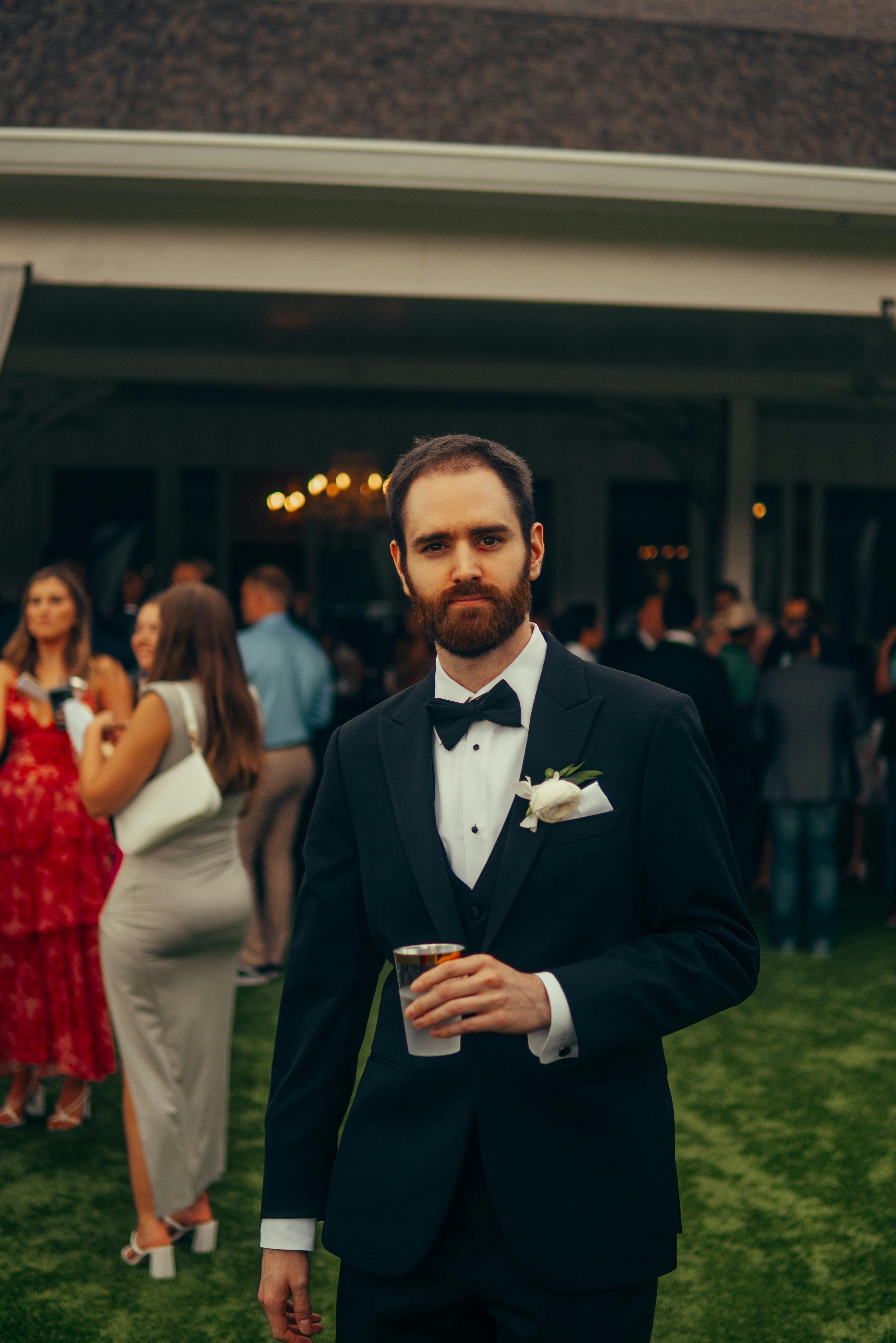A Fiery Dispute at the Buchenwald Memorial: The "Genocide" Controversy
Protests Arise over Employment of Term 'Genocide' during Buchenwald Commemoration - At the Buchenwald Memorial, people are invoking the term "genocide"
In the midst of the 80th anniversary commemoration of the liberation of Buchenwald and Mittelbau-Dora concentration camps, a heated argument erupted. A passionate young speaker, part of a Franco-German youth project, used the term "genocide" when referring to events in Palestine, causing some attendees to boo in disapproval.
The director of the Buchenwald and Mittelbau-Dora Memorial Foundation, Jens Christian Wagner, promptly intervened, stressing the solemnity of the occasion for mourning the innocent victims. However, he expressed that invoking the term "genocide" at a hallowed place like Buchenwald could be seen as tasteless. Israel's ambassador, Ron Prosor, was among the attendees present for the ceremony.
The zealous speaker had emphasized drawing lessons from Buchenwald and speaking out against injustices of today.
Just a Few Holocaust Survivors Left
Before the uproar, 92-year-old Naftali Fürst, a survivor of Auschwitz and Buchenwald, addressed the awestruck audience. "We are the remnants, soon we'll be passing the mantle of memory to you," he said, adding that in doing so, we bear a historical responsibility. Nine Holocaust survivors were a part of the moving ceremony, as reported by the foundation.
The Nazis shipped around 280,000 prisoners to the Buchenwald camp near Weimar and its 139 subcamps from summer 1937 onwards. Over 56,000 of these souls lost their lives, either from hunger, disease, forced labor, or deadly medical experiments. US troops finally reached Buchenwald on April 11, 1945.
- Buchenwald Memorial Controversy
- Commemoration Events
- Historical Terminology
- Holocaust Survivors
- Controversial Remarks
- Jens Christian Wagner
- Palestine Reference
A Glimpse into History
Steeped in the horrors of World War II, Buchenwald was a concentration camp where its captives faced unspeakable atrocities such as forced labor, torture, and mass massacres. The camp's legacy is inextricably linked to the Holocaust, a genocidal campaign perpetrated by the Nazis against a variety of marginalized groups during the war[5].
The Echoes of the Dispute
The contention at Buchenwald aimed to honor the victims and survivors while emphasizing the significance of the term "genocide" in its historical and contemporary contexts. However, the event garnered attention for its connection to the ongoing global conflicts and crises, inviting discussions about the application of the term "genocide" and its appropriate recognition across different situations.
The Waves of Implications
- Historical Truth: The controversy underscores the importance of maintaining truthful language in commemorating historical atrocities, safeguarding the use of sensitive terms like "genocide" for precise historical accuracy.
- Global Unity: It emphasizes the need for international collaboration and clear guidelines to deal with contemporary humanitarian crises that may involve genocide.
- Education and Tolerance: The incident underscores the role of educational initiatives and programs promoting understanding and tolerance, such as the Holocaust Memorial & Tolerance Center[2][4], in preventing future atrocities.
- During the commemoration event at the Buchenwald Memorial, Jens Christian Wagner, the director of the foundation, urged caution in using the term "genocide" at the hallowed site, highlighting the significance of historical accuracy.
- The debate at Buchenwald sparked discussions about the application of the term "genocide" in various situations, bringing to light the importance of global collaboration and clear guidelines to address contemporary humanitarian crises.
- The zealous speaker's emphasis on drawing lessons from Buchenwald and speaking out against injustices of today was rooted in the belief that historical tragedies, such as the Holocaust, should inspire action against modern-day atrocities, including potential instances of genocide.








